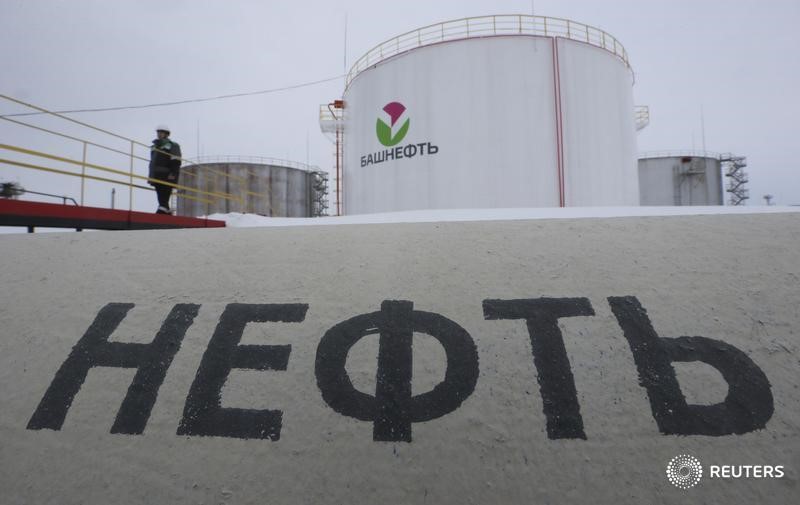* U.S. drillers cut rig count for first time in 23 weeks
* U.S. gasoline demand seen strong on July 4 public holiday
* But rising output from within OPEC weighs on market (Adds U.S. July 4 gasoline demand, updates prices)
By Henning Gloystein
SINGAPORE, July 3 (Reuters) - Oil markets edged up on Monday, lifted by the first fall in U.S. drilling activity in months, although price gains were capped by reports of rising OPEC output last month even as the group has pledged to cut supply.
Brent crude futures LCOc1 had climbed 13 cents, or 0.3 percent, to $48.90 per barrel by 0643 GMT, after jumping 5.2 percent last week in their first weekly gain in six weeks.
U.S. West Texas Intermediate (WTI) crude futures CLc1 rose 17 cents, or 0.4 percent, to $46.21 per barrel, adding to last week's 7-percent gain.
U.S. prices were lifted as drilling activity in the United States for new oil production fell for the first time since January, dropping by two rigs.
Futures brokerage AxiTrader said on Monday that this was "the first crack in the resolve of U.S. shale oil to continue to ramp up production regardless of the big fall in price" earlier this year.
Despite the dip in U.S. drilling activity, the total rig count was still more than double the 341 rigs in the same week a year ago, according to energy services firm Baker Hughes Inc BHI.N . traders said that WTI prices were also being supported by expectations of strong gasoline consumption on the July 4 holiday in the United States.
Globally, oil markets remain oversupplied as output from within the Organization of the Petroleum Exporting Countries (OPEC) hit a 2017 high.
June OPEC production was up by 280,000 barrels per day (bpd) to 32.72 million bpd, according to a Reuters survey, despite the group's pledge to hold back output in an effort to tighten the market. put that in context, that is nearly a quarter of the 1.2 million barrels (per day) OPEC agreed to cut," said Greg McKenna, chief market strategist at AxiTrader, adding this increase was driven by higher output from Nigeria and Libya, which were exempted from the cuts.
